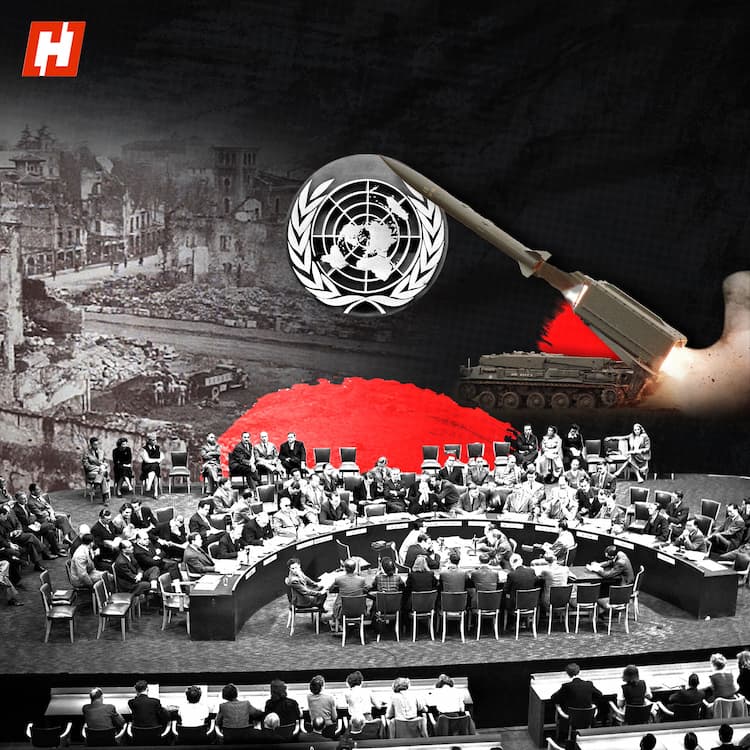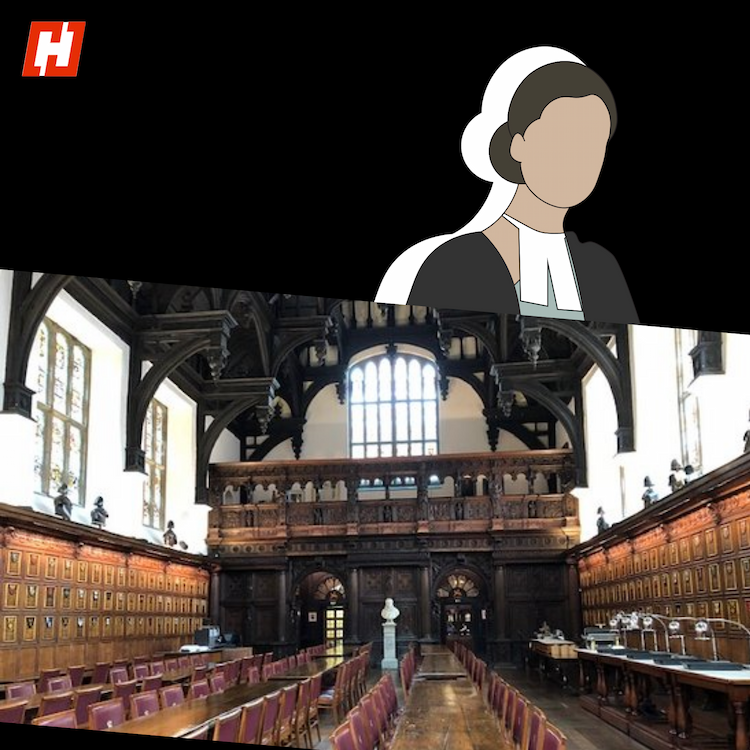Sanctions, trade suspensions and genocide investigations. Israel is rapidly turning into a pariah in the international community over the deaths, deprivation and destruction in Gaza.
Even its long-term allies in the West are seeking to impose consequences on Prime Minister Netanyahu's government for what's turning into an aimless assault on Palestinians.
Spain, on Sunday, hosted a meeting of European and Arab nations, exploring sanctions on Israel, and to push for a two state solution.
Spanish Foreign Minister, José Manuel Albares, during the summit said, "There is no alternative to the two-state solution. What is the alternative to the two-state solution? Kill all the Palestinians? Of course not. Deport them to who knows where? Soon someone will suggest deporting them to the moon? Of course not. Create some kind of reserve for them, some kind of place? It is not possible. Therefore, the two-state solution is the only alternative for this to be the last war and not just another war in the Middle East."
The high-level talks were the fifth official meeting of what is known as "The Madrid Group".
Over 20 countries along with international organizations discussed ways to exert pressure on Israel, and force Netanyahu to stop the war, claiming it 'no longer has any goal'.
Palestinian Prime Minister, Mohammad Mustafa, said "Obviously, Israel is dependent on its partners in Europe and the United States and I think if these countries do take serious actions, Israel will actually listen. So I think there is a, there is a benefit from doing it. And by the way this should hopefully mean peace and security for the whole region. So it's not just a punishment. I think it's hopefully a way to change behavior that will bring more security and peace for everybody, including the Israelis, by the way."
The Madrid meeting was held after Israel expanded military operations in war-torn Gaza Strip, and blocked humanitarian aid for nearly 3 months.
The G5+ summit was a precursor to the UN conference on the two-state solution. The meeting will be hosted by France and Saudi Arabia in New York on the 17th of June.
Notably, French President Emmanuel Macron, in April, said his country would potentially recognise Palestine during the UN conference.
Earlier, the European Union had decided to review its cooperation deal with Israel, in the face of potential famine in Gaza.
Israel's aid blockade also prompted many of Israel’s key allies to threaten concrete action, including sanctions, on the Jewish state.
Pertinently, Dutch Foreign Minister, Casper Veldkamp, had warned concrete action against renewed Israeli military operation saying, "What I noticed is that the initiative that the Netherlands took regarding review of Article 2 of the EU-Israel Association Agreement, the article about human rights - that this initiative from the Netherlands has gained some traction and that a number of member states will support it. We'll have to see how many. But this initiative has given a very clear signal to Europe, but also to Israel that we are very seriously concerned about the humanitarian situation in the Gaza Strip, that we want to see a full lifting of the humanitarian blockade of the Gaza Strip, and that we're very concerned about the intensified war effort that was decided by the Israeli Security Cabinet on the 4th of May."
The United Kingdom too followed suit by suspending trade talks with Israel. British Foreign Secretary David Lammy reiterated the two-state solution as an 'ideal framework' between Israel and Palestine. He said the UK would impose sanctions on Israeli settlers in the occupied West Bank.
David Lammy, UK Foreign Secretary said, "But as the House knows, its very viability is in peril, endangered not only by the war in Gaza, but by the spread of illegal Israeli settlements and outposts across the occupied West Bank, with the explicit support of this Israeli government. There are now weekly meetings to approve new settlement construction, settlement approval has accelerated while settler violence has soared. Here, too, we have acted, repeatedly pressing for change in this course and direction, sanctioning seven entities in October and signing a landmark agreement to bolster support for the Palestinian Authority when Prime Minister Mustafa visited London just last month. But here, too, we must do more. Today we are therefore imposing sanctions on a further three individuals and four entities involved in the settlement movement here."
Amid Israel’s continuing war on Gaza and Netanyahu’s plans to take over the Strip, 10 countries – Mexico, Armenia, Slovenia, Ireland, Norway, Spain, the Bahamas, Trinidad and Tobago, Jamaica and Barbados – formally recognized the State of Palestine, reflecting growing international support.





